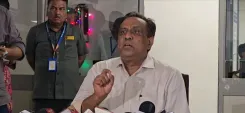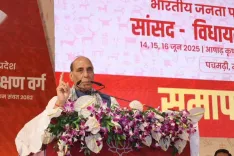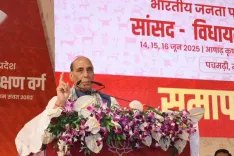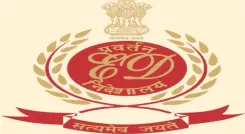Did the Calcutta HC Allow Suvendu Adhikari to Visit Troubled Maheshtala?
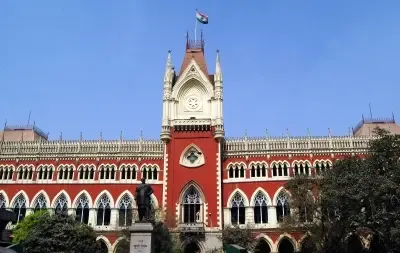
Synopsis
Key Takeaways
- Calcutta High Court allowed Suvendu Adhikari's visit to troubled Maheshtala.
- Conditions imposed on the visit include no rallies or controversial remarks.
- Clashes in Maheshtala involved significant violence and vandalism.
- Conflicting narratives about the causes of the unrest emerged.
- Immediate transfers of local police officials were ordered by the state administration.
Kolkata, June 16 (NationPress) A single-judge Vacation Bench of the Calcutta High Court granted permission on Monday for the Leader of the Opposition (LoP) in the West Bengal Assembly, Suvendu Adhikari, to visit Maheshtala, a region where severe clashes erupted between two groups last week.
Justice Saugata Bhattacharyya, who presided over the single-judge Vacation Bench, also permitted two other BJP leaders to join Adhikari on his scheduled visit to Maheshtala in the South 24 Parganas district, planned for Tuesday.
Adhikari approached the Calcutta High Court seeking permission to visit troubled areas under the Rabindra Nagar Police Station at Maheshtala. He submitted requests to both the local police station and the office of the District Superintendent of Police regarding this matter.
During the hearing on Monday, Adhikari's legal representative informed the court that previous prohibitory orders in the area, imposed due to the violence and unrest, were expected to expire on the same day. Thus, he argued that the police should not object to Adhikari’s visit to Maheshtala.
The judge concurred with this argument and challenged the state government’s counsel regarding their objections to Adhikari’s visit following the lifting of prohibitory orders.
The West Bengal government’s counsel claimed that Adhikari sought the court’s intervention for publicity rather than going directly to Maheshtala. They urged the High Court to refrain from being used for political maneuvering.
In response, the judge queried what would happen to ordinary citizens if the LoP faced challenges in visiting the area. Consequently, the court authorized Adhikari’s visit to Maheshtala on Tuesday.
However, the court stipulated that Adhikari must refrain from holding a rally or making any controversial statements during his visit.
Last week, clashes erupted between two factions in Maheshtala, resulting in police assaults, vandalism of shops, houses, and Hindu religious sites, along with vehicles being set ablaze.
Conflicting narratives emerged regarding the causes of the clashes. The police attributed the violence to disputes over local shop establishments, while the LoP asserted the incidents were overtly communal. He accused miscreants of illegally encroaching upon lands associated with the Shiva Temple committee in Ward No. 7 and setting up unauthorized shops.
Amid the unrest, the state administration announced on June 14 the immediate transfer of the local Sub-Divisional Police Officer (SDPO) and the Inspector Incharge (IC) of the local police station.

